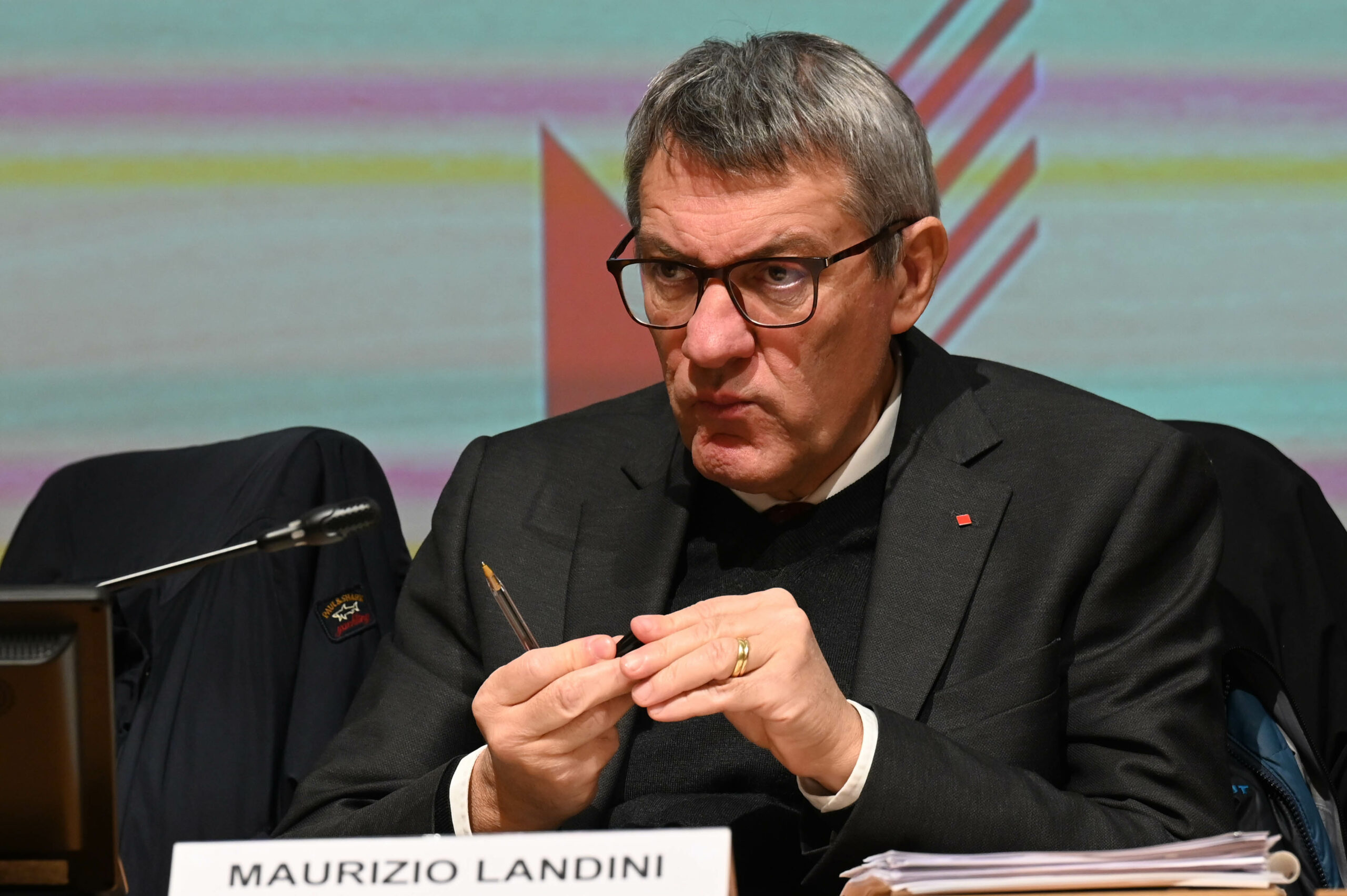Landini is ultra conservative on the union

Is a game being played on what is the trade union model of the future? I think Landini has understood this perfectly and strongly underestimates the danger of choosing the model of the past, without the conditions of the past any longer. Net of ideological conversions. The analysis by Claudio Negro of the Kuliscioff Foundation
A milestone in the recent history of the trade union was Maurizio Landini's homily at the FIOM Congress. In the sense that he has lined up with coherence and lucidity, one by one, the choices that the union must make if it wants to disappear from the panorama of politics and social relations. These are not improvised options, but resulting from a line of thought that the CGIL Secretary has been consistently cultivating for some time.
Let's try to break down Landini's homily and put them into focus.
First of all, Landini, taking up the apostolic invocation of his deacon De Palma, immediately identifies the field in which the union must militate: that of Pope Francis who "like us wants to change the model of development" to question "Fordism and capitalism ».
Which according to Landini, «the left has never done with socialism, communism and social democracy, and for this reason it is in crisis».
A few observations: the cocktail of capitalism and Fordism is contradictory and if it were true it would imply that there can be a non-Fordist, but a “good” capitalism. Which it actually is, but Landini certainly didn't aim for this conclusion. That the left, at least the antagonistic one, has never questioned capitalism is a clearly unfounded assertion; that social democracy has not made it compatible with welfare and social justice is a denial of reality.
But Landini obviously cares more about this ideological falling in love than historical realism, which evidently in a militant antagonist of long and often tiring navigation finally comes to replace the hammers and sickles and suns of the future in a much more millenarian and universalist horizon. If the class struggle does not die out in the classless communist society it will do so in the New Jerusalem where the union apostolate will transform the economic system.
Landini observes that it is thanks to democracy, in the sense of workers' participation in union choices, that FIOM has been able to "hold up the battle against Marchionne". Here the meaning escapes: as if Cadorna had asserted that Caporetto was a tactical victory… But in this type of narration adherence to reality is not required: on the contrary, it is reality that must conform to the narration.
But the beauty comes later: to Meloni who tells him that they are important but she must take the collective interest into account, Landini opposes "The government wants to question the role of general union of CGIL, CISL and UIL, which we do not have the right to represent everything. Thus any social representation is killed and democracy is called into question ». We are getting to the core: Maurizio preaches that union representation can only be universal (after all, in line with the newly discovered apostolic vocation, which can only be ecumenical).
I suppose that Landini meant to refer to an all-encompassing representation of the world of work, but even in this case we would need to go into more detail about, for example, trade union pluralism envisaged by article 39 of the Constitution.
And finally the crux of the matter: "we need to give the same rights to all workers: strike for a single contract". But he then specifies better: "it is essential to be truly confederal, to get all the workers talking, to mix them up, the categories as we know them no longer represent the world of work, tenders and supply chains".
It might seem an innovative and supportive hypothesis, but it is actually something else: that wages (in a broad sense) are no longer the object of negotiation and exchange between capital and labor within a given production situation, but "universal", built in the absence of concrete elements of reference and terms of trade, on the basis of "needs". Soviet communism had imagined something of the sort when it had argued that "work is a corveè owed to the state" and therefore paid on the basis of needs and not of the value produced. This would also satisfy the need for "universal representation" strongly felt by Landini.
However, I believe that these apparently ecumenical statements hide a much more real issue: the risk of self-marginalization of an important part of the Italian trade union, which by now deals too much in the abstract with new models of society and almost exclusively favors support for the "least". In reality, trade unions and even more corporate trade unions negotiate wages and working conditions effectively, consistently with the real inputs of the company, contributing decisively to the growth of productivity of companies and the economy: they are at the basis of surprising growth of the Italian economy in the last two years and in the next.
Is a game being played on what is the trade union model of the future? I think Landini has understood this perfectly and strongly underestimates the danger of choosing the model of the past, without the conditions of the past any longer. Net of ideological conversions.
This is a machine translation from Italian language of a post published on Start Magazine at the URL https://www.startmag.it/mondo/landini-e-ultra-conservatore-sul-sindacato/ on Sun, 26 Feb 2023 06:10:09 +0000.
